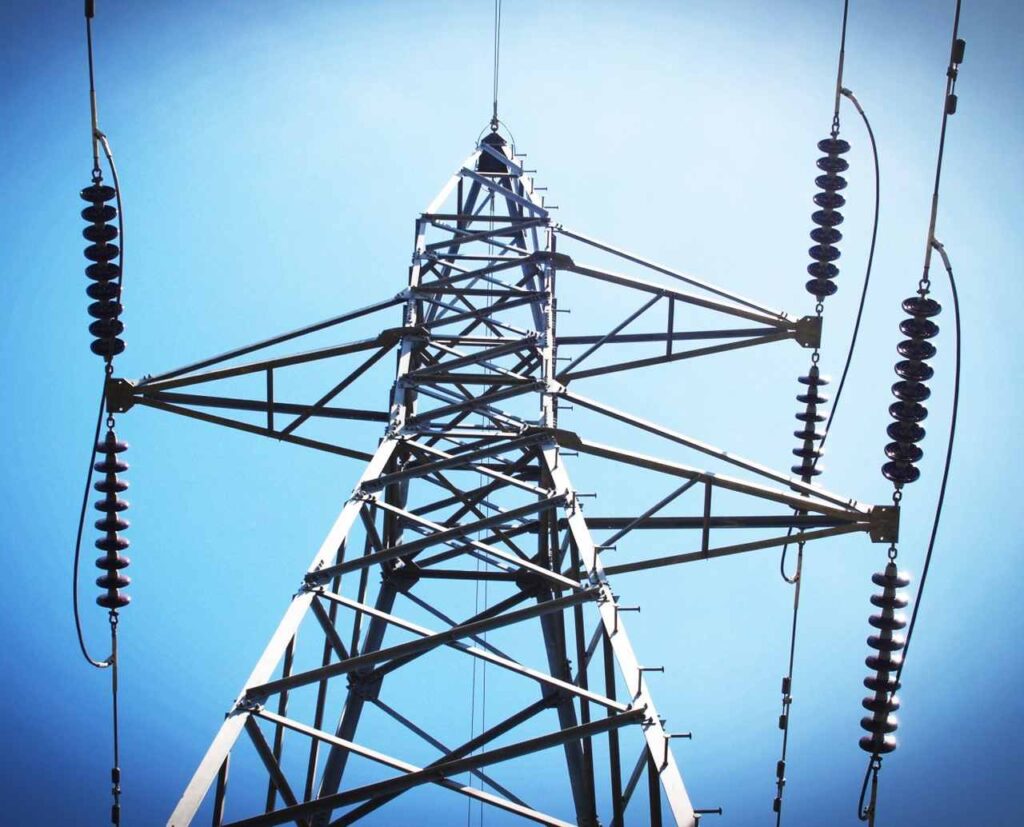Have you ever heard of smart power grid? Learn all about Smart Grid, a concept that has been gaining space and prominence, especially in smart grid projects that are looking to modernize and improve their operations, planning and maintenance.
Learn about the following benefits!
Also visit our Content on Anatel Certification for more information.
What is smart grid or smart grid?
It's a smart power grid. With increasingly advanced modernization, this concept has expanded more and more.
In a location with conventional power supply, the electric power company will only know if the service is interrupted if a user informs.
With Smart Grid, the company takes immediate notice, as some network components, such as smart meters, interrupt the sending of sensor data.
A company can manage distribution much more efficiently by ensuring that all network components, including electrical meters, transformers, and power lines, have IP addresses, and are able to use two-way communication.
Another extremely important component of smart grid technology is automation, with measurement and detection technologies, automated communication between electrical network components, automated controls for repair distribution and better management of support software.
How does a Smart Grid network work?
In relation to its operation, this system is equipped with sensors that collect and transmit data.
Through this transmission of information it is possible to adjust the flow of electricity automatically.
Controllers receive the information in real time and can act on any problem without human intervention and immediately. What's more, you can connect this system with any smart meter.
To better understand this system, learn its features and benefits:
Automatic adjustment of electricity flows
It has sensors that collect and transmit data, thus promoting its operation.
It is this transmission of information that makes it possible to automatically adjust electricity flows.
Problem solving without human intervention
Controllers receive the situation information in real time, and can act immediately whenever a problem occurs.
This whole process happens without the need for intervention or human labor.
Economy
A smart network can also communicate with any smart meter, which can generate savings.
For example, through this communication, this type of network communicates with another smart meter and can connect consumer appliances automatically, when there is a lot of electricity in the network.
As a result, prices will be lower.

Smart Grid: Examples
The Armação dos Búzios, a municipality in the lakes region of Rio de Janeiro, received sustainable technologies for conscious energy consumption, without giving up efficiency.
This concept of Smart City already exists in other cities of the world and has been conquering space in Brazil, having as an example Buzios, one of the most popular places by tourists.
The central part of this project is precisely Smart Grid, with many households already making use of smart meters, which generate information to residents, enabling them to organize their consumption.
What are the advantages of Smart Grid?
To better understand the advantages of this technology, know four characteristics that make this concept very different from a conventional power grid.
Flexibility
Smart Grid is flexible, facilitates the management of variations in consumption.
Confidence
Because information is always sent in real time to remote network management, there are few risks of power outages or any other incident, making it more reliable.
Accessibility
As all types of energy sources can be integrated into the grid, consumers can have renewable energy.
This energy, in turn, is generated in large numbers in distant regions, when there is not enough in a single location, generating better accessibility of consumption.

Economy
Better consumption management automatically leads to lower costs.
Application of Smart grids in Brazil
Although they are conquering their space, smart grids are still new in Brazil.
There needs to be large investments in order for this concept of smart grid to reach its full potential.
Most likely, it will take a while for smart meters to be implemented in the homes or businesses of all consumers.
Despite this, there are already many initiatives in several countries and also in Brazil, with equipment projects and facilities that allow the creation of smart grids in more cities.
Smart grid trends for the future
The whole future will be smart. Modernization is moving towards this, and the smart grid concept is one of the solutions that can most contribute to a more sustainable system, with the creation of smart energy supply networks.
Smart grids work through meters that inform in real time about demand and consumption, as well as indicate possible network problems.
The installation of this type of technology transforms both monitoring and power supply into a much more accurate and effective mechanism.
The future promises great initiatives to make this technology an increasingly present reality.
Visit our Anatel Certification material for more information regarding the certificates of approval.
Conclusion
Briefly, a smart grid is the smart grid that reduces costs, optimizing management and offering better service and control by electric companies and also consumers, whether domestic or business consumption.
